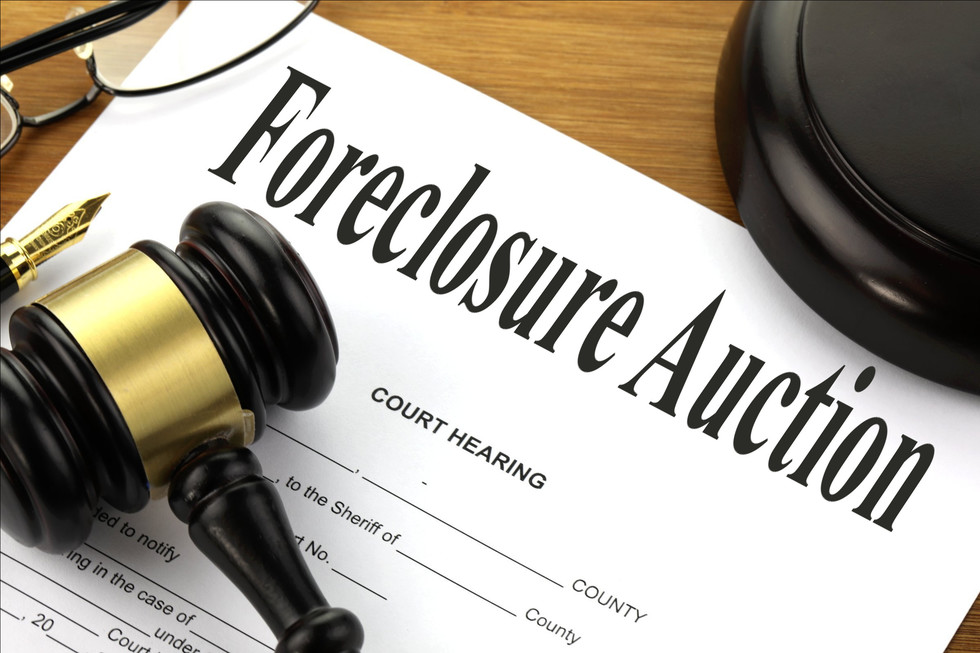Foreclosure is a term that strikes fear in the hearts of homeowners facing financial hardship. It is a legal process that occurs when a borrower fails to make mortgage payments, leading to the lender taking ownership of the property. Foreclosure is a complex and emotionally charged issue that can have significant repercussions on individuals and communities. In this blog, we will delve into the impact of foreclosure, its root causes, and explore potential solutions to mitigate its effects.
The Impact of Foreclosure
- Emotional Distress: Facing foreclosure can be an overwhelming and emotionally distressing experience for homeowners. The fear of losing one’s home, which often holds cherished memories and a sense of security, can lead to stress, anxiety, and depression.
- Displacement and Disruption: Foreclosure results in the loss of one’s home, leaving families displaced and searching for new housing. This upheaval can disrupt children’s education, strain relationships, and cause significant instability in the affected household.
- Financial Loss: Foreclosure can lead to substantial financial losses for homeowners. Not only do they lose their investment in the property, but it can also have long-term consequences on their credit score and ability to secure future loans or mortgages.
- Community Impact: Widespread foreclosures can negatively impact communities. Abandoned and vacant properties can lead to blight, decreased property values, and increased crime rates in the neighborhood.
Root Causes of Foreclosure
- Financial Hardship: Job loss, reduced income, or unexpected medical expenses can strain homeowners’ ability to make mortgage payments, leading to delinquency and potential foreclosure.
- Adjustable-Rate Mortgages (ARMs): Homeowners who initially secured low-interest rate ARMs may face higher monthly payments when interest rates increase, making it challenging to keep up with payments.
- Subprime Lending: During the housing boom, subprime lending practices allowed individuals with poor credit histories to obtain mortgages. When these borrowers faced financial difficulties, they were more likely to default on their loans, contributing to the foreclosure crisis.
- Housing Market Fluctuations: A downturn in the housing market can lead to declining property values, making it difficult for homeowners to sell their homes for enough to cover their outstanding mortgage balance.
Solutions and Mitigation
- Loan Modifications: Lenders can work with struggling homeowners to modify the terms of their loans, such as lowering interest rates or extending the loan term, to make payments more manageable.
- Government Assistance Programs: Various government programs, such as the Home Affordable Modification Program (HAMP) and the Home Affordable Refinance Program (HARP), aim to assist homeowners facing foreclosure by providing refinancing and loan modification options.
- Financial Counseling: Providing financial counseling and education to homeowners can help them better manage their finances and avoid foreclosure.
- Community Support: Local governments and organizations can implement community revitalization efforts to address the impact of foreclosures, such as rehabilitating vacant properties and providing affordable housing options.
